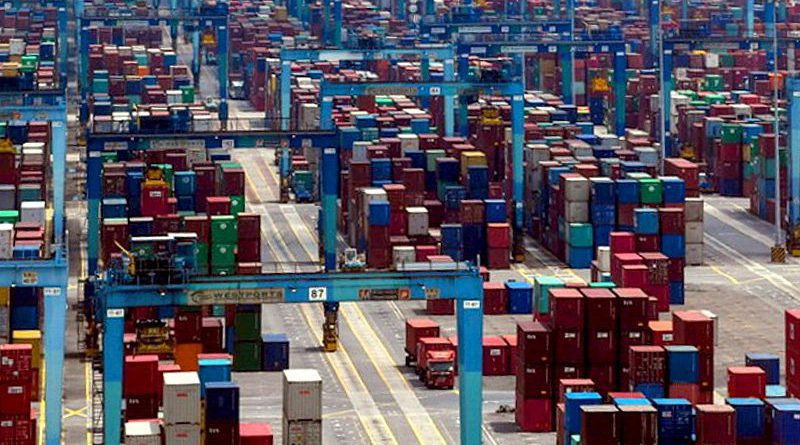No need to panic over manufacturing sector plunge, says economist
PETALING JAYA: There is no need for panic over a Nikkei survey finding that Malaysia’s manufacturing sector plunged to its lowest level since 2012, says an economist.
Yeah Kim Leng of Sunway University Business School said Malaysia’s actual manufacturing output measured by the Department of Statistic’s industrial production index (IPI) ran contrary to the Nikkei figures for the months before it.
The Nikkei Purchasing Managers’ Index (PMI) went down to 46.8 in December from the previous month’s 48.2.
“The IPI figure registered a year-on-year increase of 4.9% for the first 10 months of 2018. The monthly manufacturing output performance was positive from January to October 2018, with the lowest increase recorded at 4.1%,” he said.
Yeah said the actual performance suggests that the PMI figures may not be accurate.
“While both external and domestic demand factors appear to have softened somewhat, the output growth numbers continue to be positive although the IPI is likely to show some deceleration in the last two months of 2018.”
Yeah said what this all meant was that Malaysia’s strong growth rate was slowing, adding that there was no need to hit the panic button yet.
“The slowdown in the manufacturing sector does not mean we are headed for a recession, large-scale bankruptcies, lay-offs or anything like that. The economy will still grow, but at a slower pace.”
He added that the drop in manufacturing was likely due to a weakening export demand due to the US-China trade war and slower domestic sentiments, as consumers and investors are becoming more cautious.
Federation of Malaysian Manufacturers president Soh Thian Lai meanwhile said that the PMI figures should not be seen in isolation and that it was important to note that the IPI’s figures showed growth rates in September and October of 4.8% and 5.4%, while manufacturing sales value grew by 8.2% and 10.2% respectively.
“Preliminary readings from the ongoing FMM-MIER Business Conditions Survey for the second-half of 2018 point towards generally stable business conditions,” he said.
But he said FMM appreciated the “heads-up” from PMI on the sentiments among purchasing managers.
He said based on experience, December is a softer month for manufacturing due to the holiday season which sees most orders, especially exports, fulfilled earlier in time for the Christmas period.
Like Yeah, Soh said the manufacturing sector would continue to be affected by the US-China trade war given that almost 50% of Malaysian exports are incorporated into China’s final products exported to the US.
He said this meant that some 12% of total exports could be directly impacted by the US’ tariffs on Chinese products.
Soh added that economic reports were crucial to helping businesses increase vigilance in monitoring market developments, refine strategies to minimise risks and seek out new opportunities.
“It would have been most helpful if official statistics could be released sooner, at least up to November, to provide a more comprehensive reading of the manufacturing sector’s performance.”
Source: FMT



